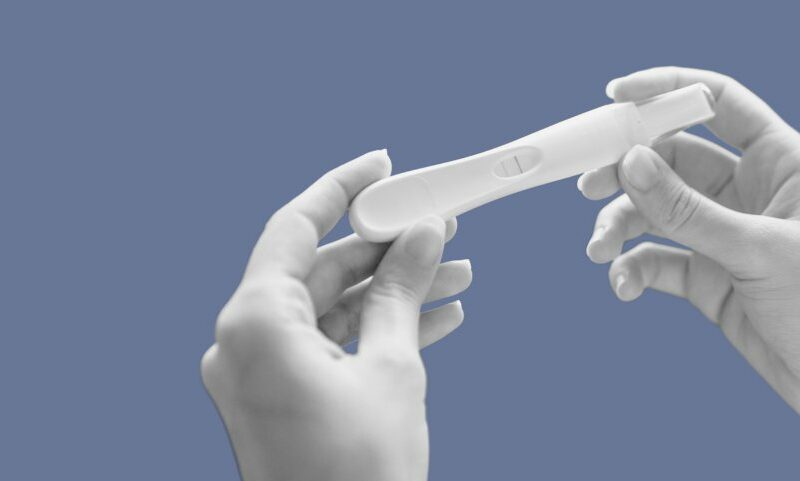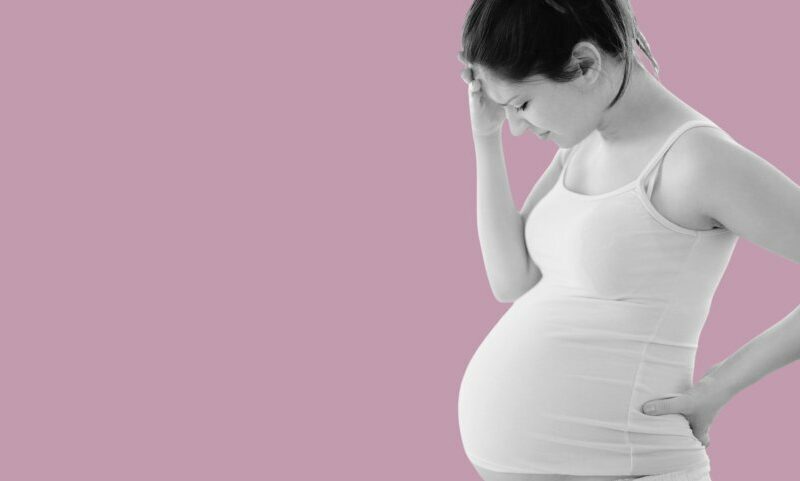
Impact of iron deficiency in pregnancy on infants and toddlers
What happens to babies born to iron deficient mothers?
Most medical guidelines focus on frank anemia in pregnancy. We want to highlight iron deficiency without anemia and its consequences to infants.
We used to think that babies were protected from maternal iron deficiency because there are many defence mechanisms in play during pregnancy to favour the fetus getting all its iron needs, many times at the expense of mom. Pregnancy will steal as much iron as it can from mom to keep the baby replete. However, few women enter their pregnancies with loads of iron to avoid losing it all to the pregnancy itself. You better watch out or that baby is gonna take everything you have.
These iron defences are only so effective til the ferritin level drops to around 13. ref
After this level the fetus just doesn’t have enough ferritin, which has even been measured lower in umbilical cords tested after delivery.
The prevalence of non-anemic iron deficiency may be as high as 30% in toddlers from developed countries. ref
What makes matters worse, pregnancy conditions like hypertension and gestational diabetes also, through complex mechanisms, increase the likelihood that iron deficiency will occur. 65% of babies born to gestational diabetic moms are iron deficient.
Why should we be concerned with maternal anemia?
Recently, emphasizing only anemia and not iron deficiency of pregnancy has been shown to miss an opportunity to help prevent serious health concerns with babies.
Some things we’re learning:
- Infants whose mothers were iron deficient are often more irritable and less alert overall.
- Baby behaviours like wariness, hesitation, and sadness are more common in babies born to iron deficient moms. Infants can have lower mental development scores too. ref
- Motor development, visual acuity and auditory health are all negatively impacted by iron deficiency.
- Babies have poorer recognition memory and are more likely to be diagnosed with ADHD later on.
Potential Impacts of maternal anemia
A big study in Sweden looked at over half a million kids born between 2010 and 2016. They found that if moms had anemia in the first 30 weeks of pregnancy, their kids had increased risk of autism, ADHD, and intellectual disabilities compared to moms who got anemia later or didn’t have it at all. Most of the anemia cases were likely due to not enough iron.
Another study followed 185 people from infancy to age 19. They found that those who had iron deficiency or anemia as babies for three months or more had worse cognitive abilities compared to those who didn’t have these issues. This gap in thinking skills was most noticeable in people from poorer backgrounds, but it still showed up in those from wealthier families too. Other research has also linked maternal anemia to later cognitive problems.
Studies have shown how important iron is for normal brain growth, making connections between brain cells, and behaviors like problem-solving, shyness, and learning to find your way around.
Iron isn’t just about avoiding fatigue in pregnancy. Iron deficiency leads to a domino effect that spills into future generations. We can decide to pay more attention to this problem now so that the first domino doesn’t have to fall.
References:
Food Sci Nutr. 2021 Dec; 9(12): 6559–6565.
JAMA Psychiatry. 2019;76(12):1294.
Arch Pediatr Adolesc Med. 2006;160(11):1108.
Blood. 2020;136(13):1549.
J Pediatr. 2012;160(6):1027. Epub 2012 Jan 11.
Food Nutr Bull. 2007;28(4 Suppl):S560.
Proceedings of the Nutrition Society (2022), 81, 108–118





